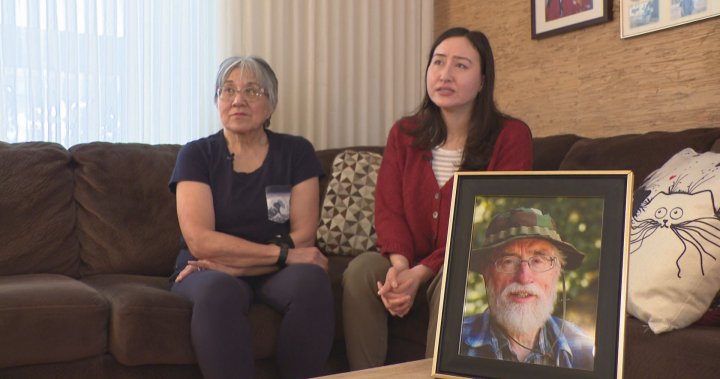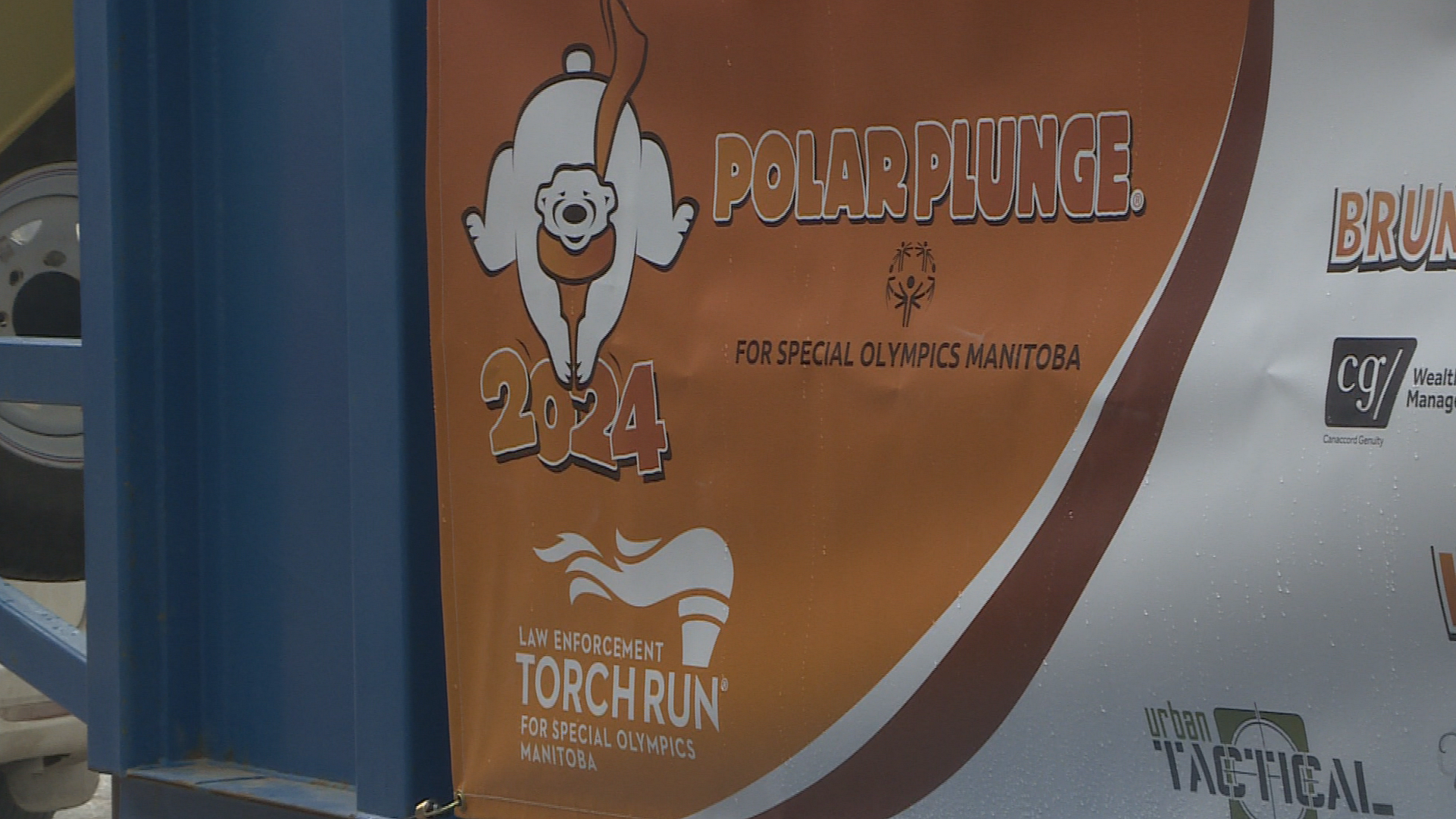Ukrainian diplomats and advocates in Canada are calling on the Toronto International Film Festival to cancel screenings of a documentary depicting Russian soldiers fighting in Ukraine that they say amounts to “Russian propaganda.”
The film, Russians At War, is having its North American premiere at TIFF on Tuesday after showing out of competition at the Venice Film Festival this month. It was helmed by a Russian-Canadian director and was funded by Canadian public broadcasters — in part through government grants — and an Oscar-nominated Canadian producer.
The director, Anastasia Trofimova, spent seven months embedded with a Russian army battalion in eastern Ukrainian territory occupied by Moscow’s forces to make the film, which she says was done without the Russian government’s knowledge. She and her financial backers have said the film shows the soldiers losing faith in the fight and seeks to humanize the ordinary men caught up in Russia’s invasion.
Ukrainian critics argue that amounts to whitewashing Russia’s war crimes.
“We believe this film is Russian propaganda,” Oleh Nikolenko, Ukraine’s consul general in Toronto, told Global News in an interview.
“They’re trying to blur the responsibility of Russian military actions in Ukraine — and equate the aggressor and the victim.”
Nikolenko said he has not seen the film but has concerns that it makes no mention of the mass civilian casualties in Ukraine or other crimes committed by the Russians in their nearly three-year invasion. He also says Trofimova’s past work for the Russian state-controlled media company RT, and her unfettered access to Russian troops, are cause for suspicion, and that crossing into Russian-occupied Ukrainian territory with the unit violated Ukrainian law.
He said TIFF management “has not demonstrated willingness to address our concerns” after weeks of “intensive communications,” and screenings of the film were set to go ahead this week. A demonstration is set to go ahead in front of the Scotiabank Theatre, which is hosting the premiere, on Tuesday afternoon.
In a statement provided by TIFF, Trofimova said her documentary is “an anti-war film” and that she believes Russia’s invasion of Ukraine is unjustified and illegal.
“The suggestion that our film is propaganda is ludicrous given that I’m now at risk of criminal prosecution in Russia,” she said.
“I also understand and empathize with the pain and anger that the subject matter may provoke in those who have suffered from this conflict.”
TIFF did not make Trofimova available for an interview with Global News on Monday.

Get breaking National news
For news impacting Canada and around the world, sign up for breaking news alerts delivered directly to you when they happen.
Trofimova told the Globe and Mail on Sunday that she used to work for the RT Documentary channel that is separate from RT News, with a focus on the Middle East, and left for the CBC after “the relatively liberal atmosphere in which we were working started to change.”
RT has been banned from Canadian airwaves and in other western countries. A U.S. Justice Department indictment unsealed last week accuses RT employees of covertly funding American content creation companies to spread Russian propaganda about Ukraine and influence the 2024 U.S. election.
Russians at War marks Trofimova’s first feature-length work.
At a press conference in Venice last week following its world premiere, Trofimova pushed back on multiple reporters who asked why her film doesn’t mention any of the atrocities in Ukraine that multiple independent investigators have said were committed by Russian soldiers, including the killing of civilians in towns like Bucha.
“I understand that there are many reports of war crimes, and pretty much, I think in Western media, that’s what Russian soldiers are associated with at this point, because there were no other stories. This is another story, and this was the reality that they lived,” the director said.
“If there were war crimes committed, obviously you would see them on screen, but in the seven months that I was there, that was not my experience.”
Nikolenko, however, dismisses those comments, noting the invasion of Ukraine itself is a war crime and that all Russian soldiers participating are culpable.
“Why not bring a film about Nazis and the Holocaust, and show that they were also ordinary people?” he asked. “I mean, it’s ridiculous.”
Trofimova and the Canadian producer, Cornelia Principe, said at the same press conference that the film represents another side of the story of the war.
“If we don’t see each other as people … this will only make the war continue,” Trofimova said.
Multiple news reports have revealed Russian soldiers questioning their involvement in the war, with some outright abandoning the battlefield. Russia has partially mobilized its citizens to join the fight, promised cash payments to other potential recruits and offered pardons to convicted felons in exchange for enlisting.
The United Nations reported in June that it has recorded more than 11,000 civilian deaths and nearly 22,000 injuries since the war began in February 2022, but noted those figures are likely significantly higher. The human rights agency said Friday that August was the second-deadliest month for civilian deaths in Ukraine on record this year.
The International Criminal Court is investigating several alleged war crimes by Russian troops in Ukraine, including the killing of unarmed civilians, sexual assaults and the forced deportations of children.
TVO Media Education Group, the Ontario Crown corporation that operates the TVO public broadcaster, said in a statement that it supported the film “because it is a documentary made in the tradition of independent war correspondence.”
It encouraged people to see the documentary for themselves, adding it will be shown on TVO in the coming months.
Nikolenko told Global News that though he hasn’t seen the film, he has “gathered enough information to make an opinion.”
“Russians at War is at its core an anti-war film,” TVO’s statement said. “It is unauthorized by Russian officials and was made at great personal risk to the filmmaker, who was under constant threat of arrest and incarceration for trying to tell an unofficial story.
“This film shows the increasing disillusionment of Russian soldiers as their experience at the front doesn’t jive with the media lies their families are being told at home.”
Trofimova says she went to the front lines with Russian troops “in secret.” She told the Globe and Mail she received no funding or approval from the Russian government.
But Nikolenko said that claim strains credulity.
“I think it’s very difficult to believe that she was not receiving assistance from the Russian military or government,” he said.
“To spend seven months at the front line with nobody asking questions … we have seen many cases how journalists are arrested in Russia for simply reporting news.”
The Ukrainian Canadian Congress has also called on TIFF to pull the film, asking in a statement why “Canadian taxpayer money is being used to fund Russian propaganda?”
The statement said Russians at War received $340,000 from the Canada Media Fund, which allocates funding for Canadian content received from broadcasters and the federal government.
A spokesperson for the Canada Media Fund told Global News it was aware of concerns surrounding the film but noted it was TVO’s decision to support the project with CMF funds.
“We rely on our trusted and CRTC-regulated broadcasters to ensure projects conform to the programming standards endorsed by the CRTC,” the CMF statement said.
“The CMF has been in communication with the Toronto International Film Festival (TIFF) organizers and the producers of this documentary. We take these concerns very seriously and we are actively engaged.”






